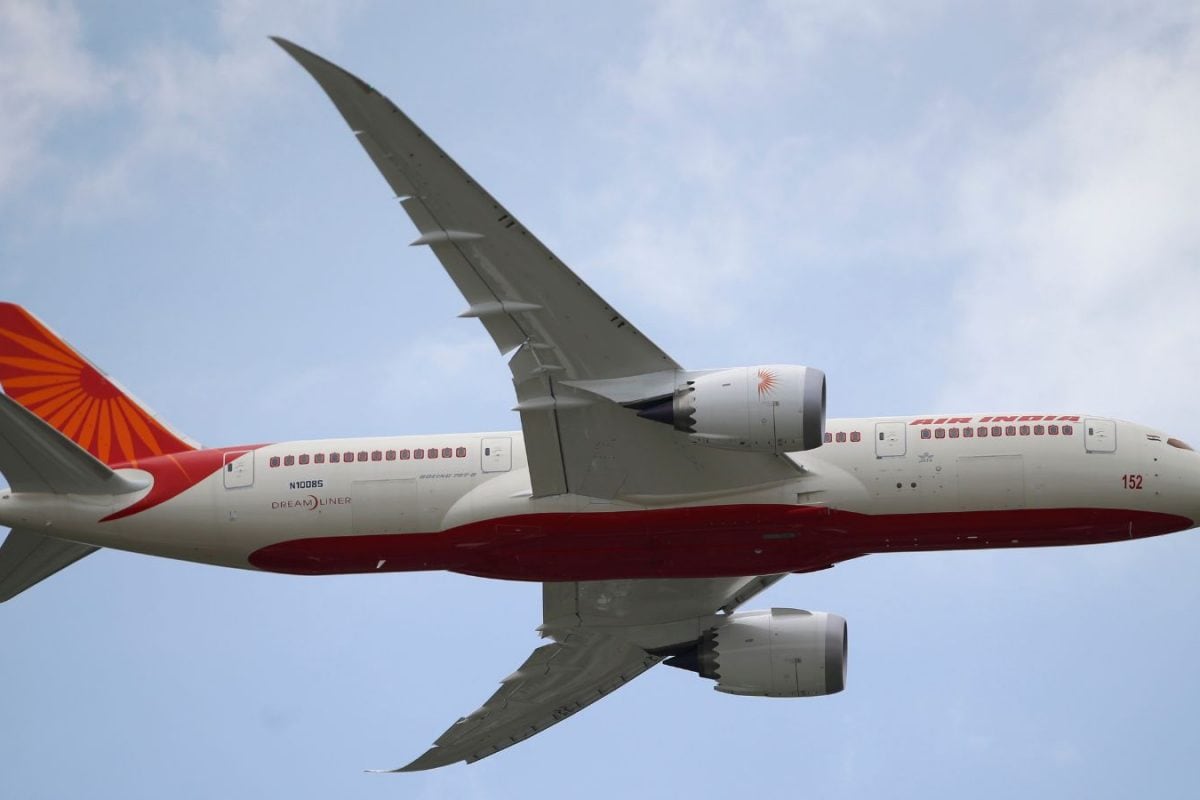

Air India is set to reduce its international flight operations by 15% amidst intensified safety checks on its Boeing 787 Dreamliner fleet. This decision follows the tragic crash of Air India flight AI 171, a Boeing 787-8 Dreamliner, on June 12, 2025, which crashed shortly after takeoff from Ahmedabad, killing 241 of 242 passengers and crew members and 33 people on the ground. The airline is taking these measures to ensure operational stability and minimize passenger inconvenience in the wake of increased scrutiny and regulatory compliance measures.
The Directorate General of Civil Aviation (DGCA) has mandated comprehensive maintenance inspections for all Boeing 787-8 and 787-9 aircraft equipped with GEnx engines. This directive includes assessments of takeoff parameters, electronic engine control systems, and fuel-related components. As of June 17, 2025, 24 of Air India's 33 Boeing 787 aircraft had successfully completed the required checks. While the DGCA's surveillance of Air India's Boeing 787 fleet "did not reveal any major safety concerns" and found aircraft and maintenance systems "in compliance with existing safety standards," the regulator has advised Air India to boost internal coordination across engineering, operations, and ground services, and ensure spare parts are available to avoid delays.
Air India has cited multiple reasons for the disruptions in its international operations, leading to a total of 83 flight cancellations in the days following the crash. These reasons include geopolitical tensions, night curfews in the airspaces of several countries, ongoing enhanced safety inspections, and a cautious approach being taken by both engineering staff and pilots. The airline anticipates further disruptions amid intensified checks on its Boeing 787 fleet, ongoing airspace restrictions, and poor weather.
The reduction in international services will be implemented between now and June 20, 2025, and is expected to continue until at least mid-July. This move effectively increases the availability of reserve aircraft to manage any unplanned disruptions. Air India has stated that it will inform affected passengers in advance and make its best efforts to accommodate them on alternate flights. Passengers will also be offered the option to reschedule their travel at no additional cost or receive a full refund.
Several international flights have already been cancelled due to the ongoing safety checks and operational challenges. These include flights from Delhi to Dubai, Vienna, and Paris, as well as flights from Ahmedabad to London and London to Amritsar. Air India attributed some cancellations to technical issues discovered during pre-flight checks, while others were due to aircraft unavailability and airspace restrictions.
Despite the recent crash and subsequent safety concerns, Air India Chairman N. Chandrasekaran has stated that the Boeing 787 involved in the accident had a "clean history," with no prior maintenance issues or red flags. He confirmed that the aircraft's right engine was newly installed in March 2025, and the left one was last serviced in 2023. He added that no safety concerns had ever been raised about the Dreamliner fleet.
Investigators suspect that Air India Flight 171's emergency power system activated before its fatal crash, raising questions about whether the plane's engines functioned properly during takeoff. The preliminary finding gives investigators a new line of inquiry as they study the crash.